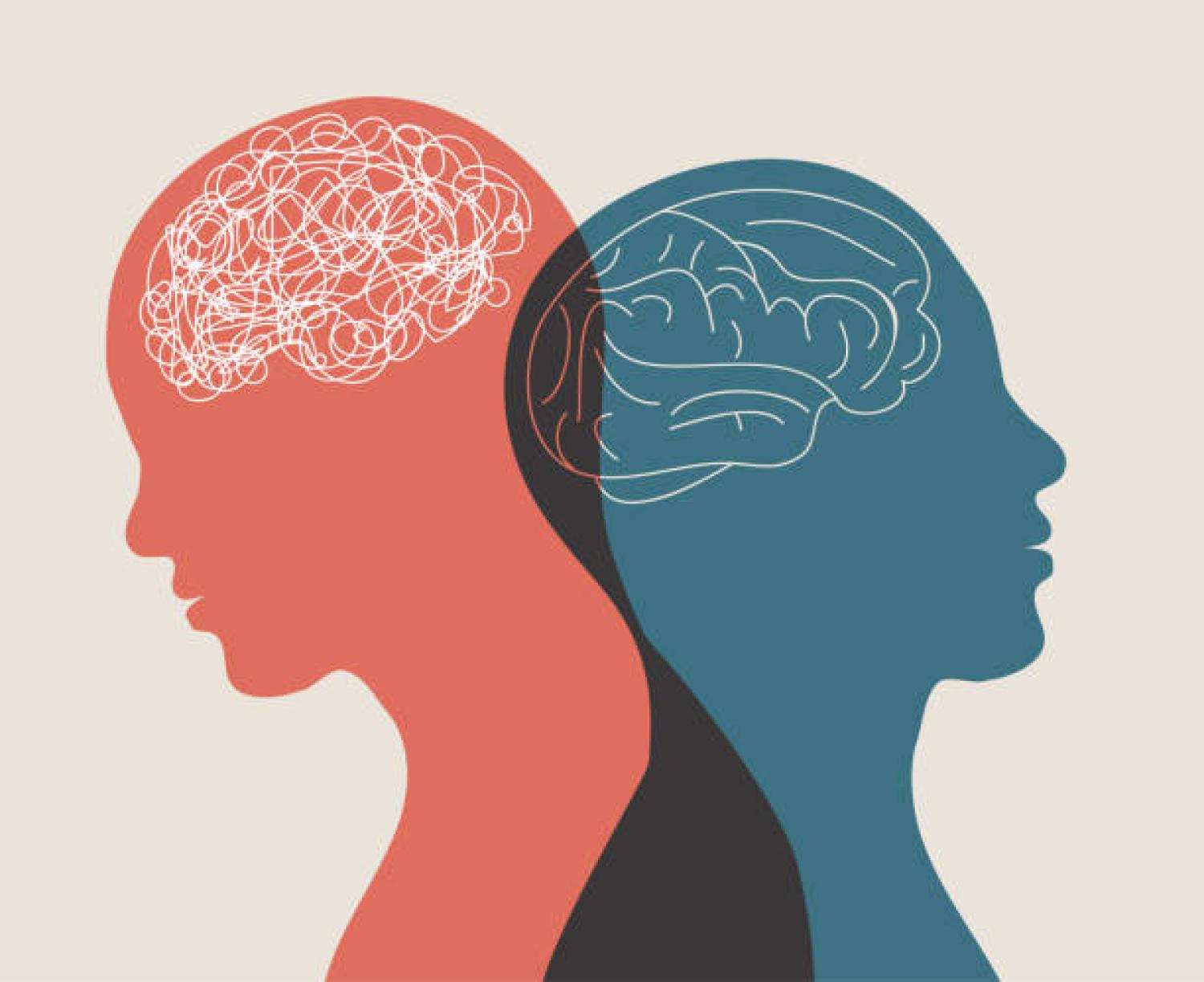BME offers training to faculty and staff to provide mental health support to students

The Biomedical Engineering Program recently hosted a training on the Scaffolded Mental Health Support Model (SMHS), an easy-to-implement guide for faculty, staff and other non-clinical professionals to provide mental health support to students, all while staying within their scope of work.
“This is the first time I’ve done any training like this,” biomedical engineering Chair Mark Borden said. “I would recommend it to all programs to take advantage of this resource.”
When students exhibit mental health concerns in the classroom or during other interactions, it can be challenging for faculty and staff to determine whether and how to respond. The SMHS Model provides a systematized way of responding to situations when mental health shows up in a non-clinical setting, like a classroom.
The SMHS Model provides a scale from “low” to ”very high” that outlines various levels of mental awareness. Each level of the scale includes stressors, student ability for effective self-regulation and impact on academic process.
Crucially, the SMHS Model also includes the appropriate level of action that a faculty or staff member should take when addressing a student that is exhibiting signs that their mental health is at a certain level of the scale.
For example, here is the mid-high level:
The student is able to appear to be engaged in the academic process; however, it is clear that their mental state is a significant barrier as they take action toward their academic goals. They have not yet developed the self-awareness and self-regulation skills to manage their mental health.
RESPONSE: Focus on developing a strong rapport with this student. Express compassion. Reflect the blocked pattern/s. Explore student’s readiness for seeking mental health support.
Program Coordinator Jacqueline Thomas attended a training for the SMHS Model that was put on for the Biomedical Engineering Program.
“The model is great for science-minded people,” said Thomas, “where if you’re presented with X situation, you do Y.” She said the training provided concrete actions for mental health situations, which can feel abstract.
The model was co-created in 2021 by Colleen Ehrnstrom and Audrey Gilfillan, both of whom work as embedded therapists for CU Boulder’s Counseling and Psychiatric Services (CAPS).
“I used to work as an academic coach,” said Gilfillan, “and I would see how mental health would impact students and their academics, but I still wanted to be respectful of the boundaries within that role.”
If you are interested in learning more or signing up for a training session, you can visit the Health and Wellness Services website and click on Presentations. Other trainings include Defining Self-Care, Impact of Trauma and the Healing Process and Overview of Disability Services

